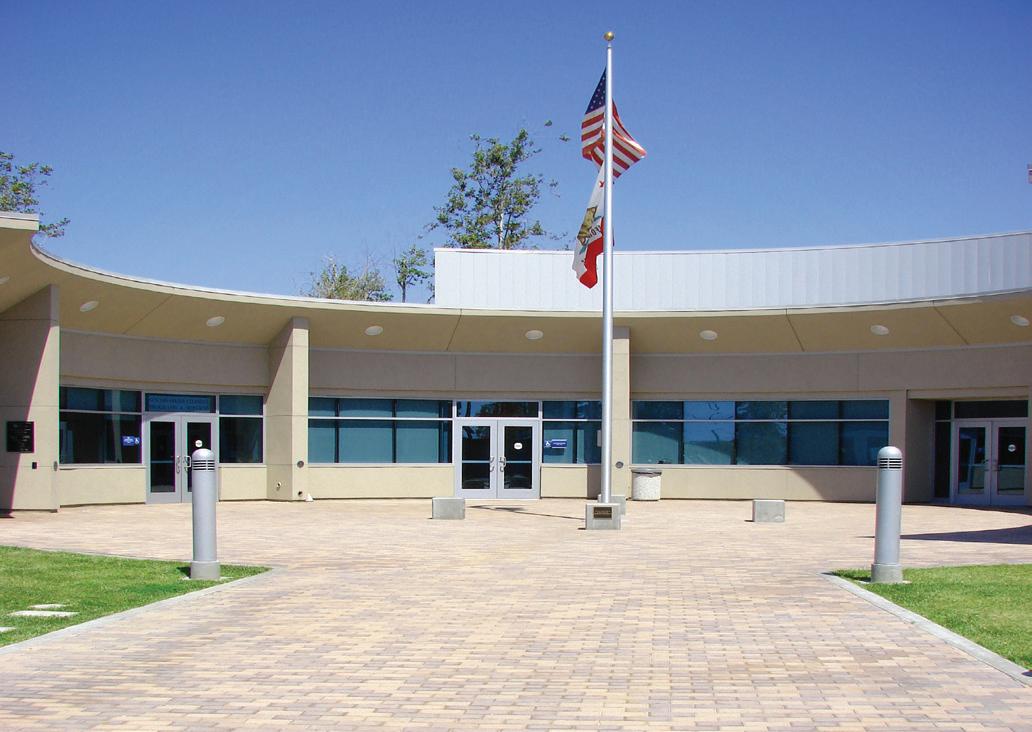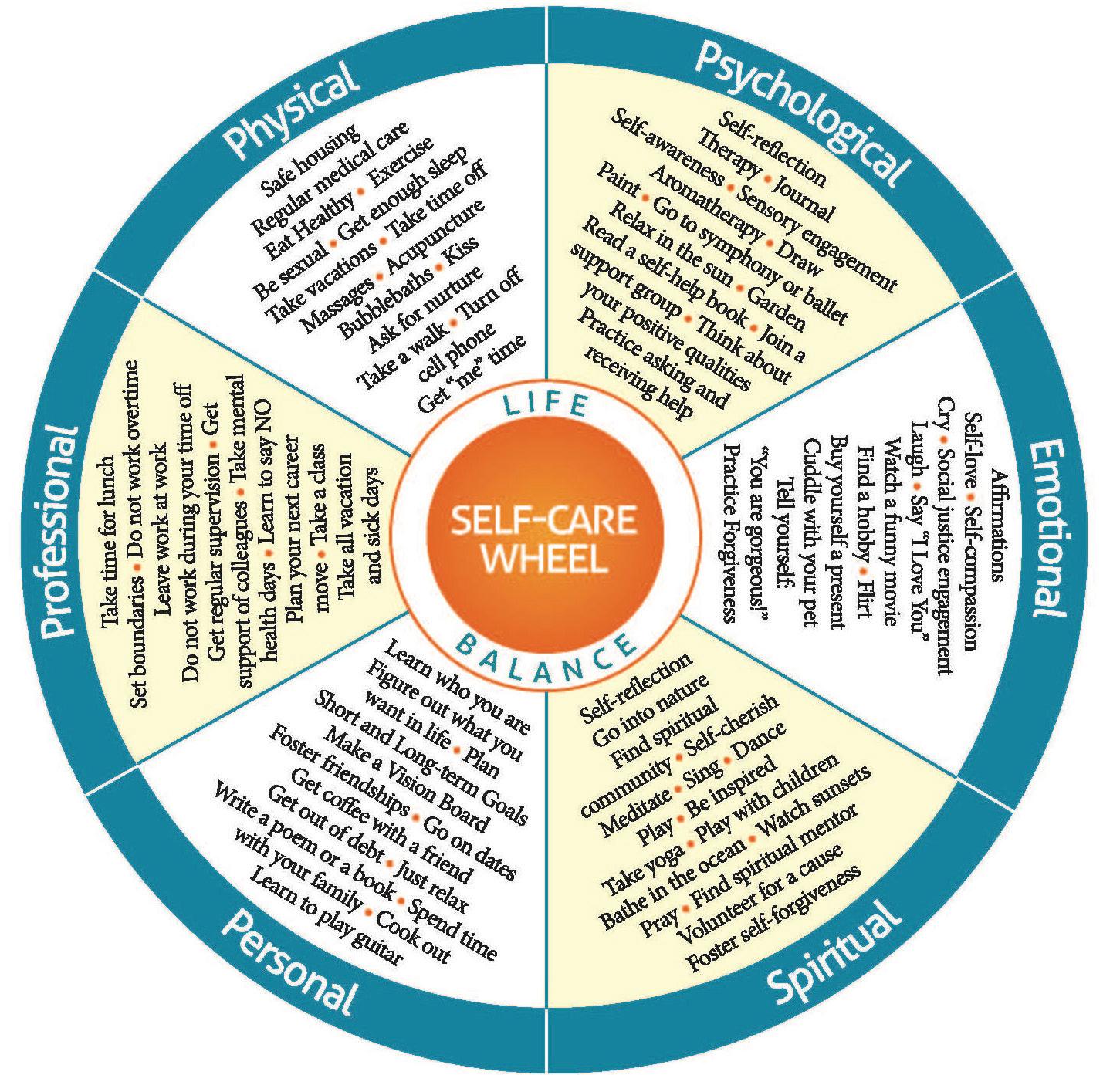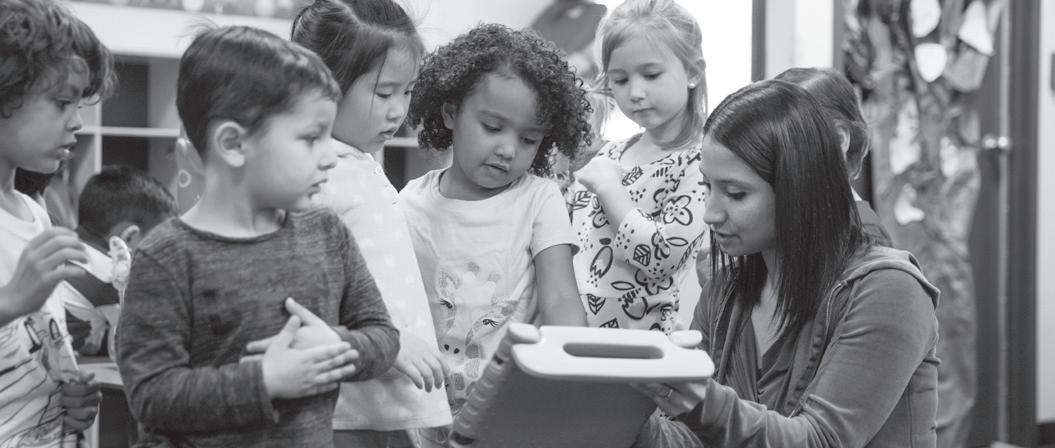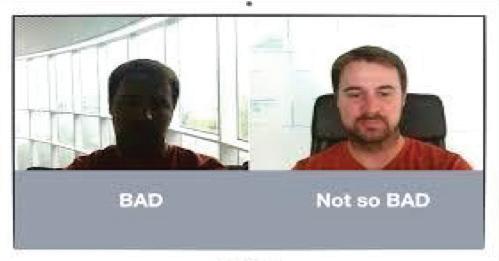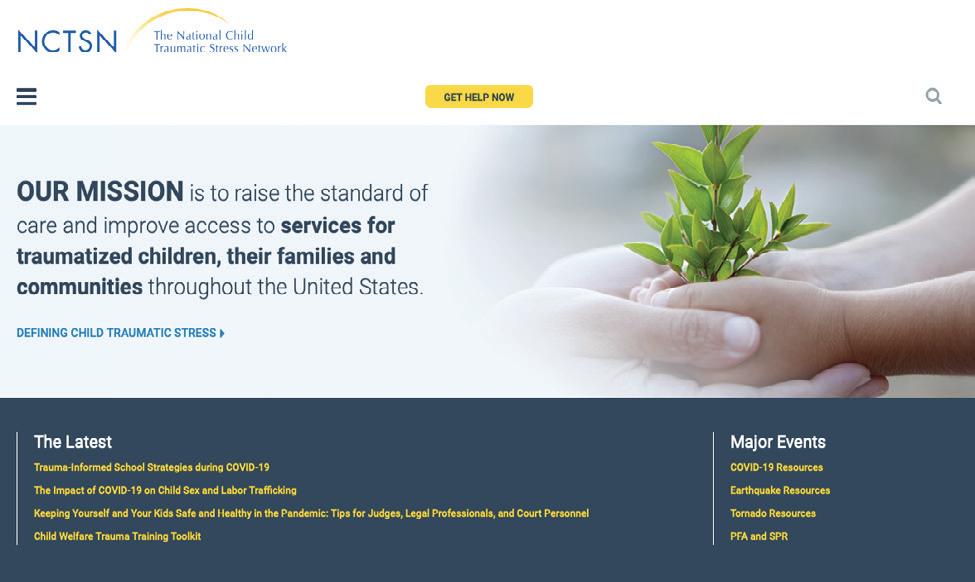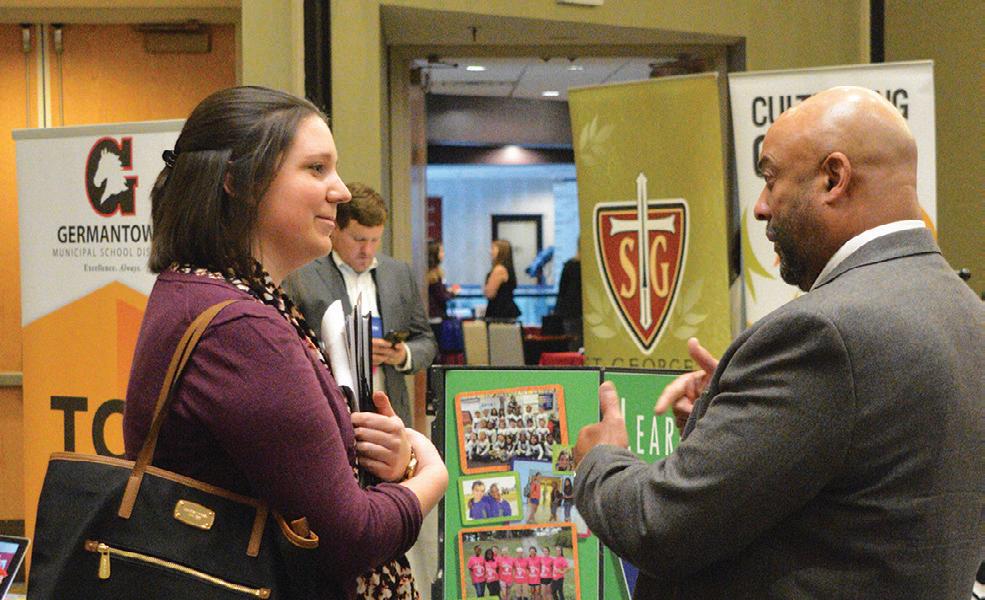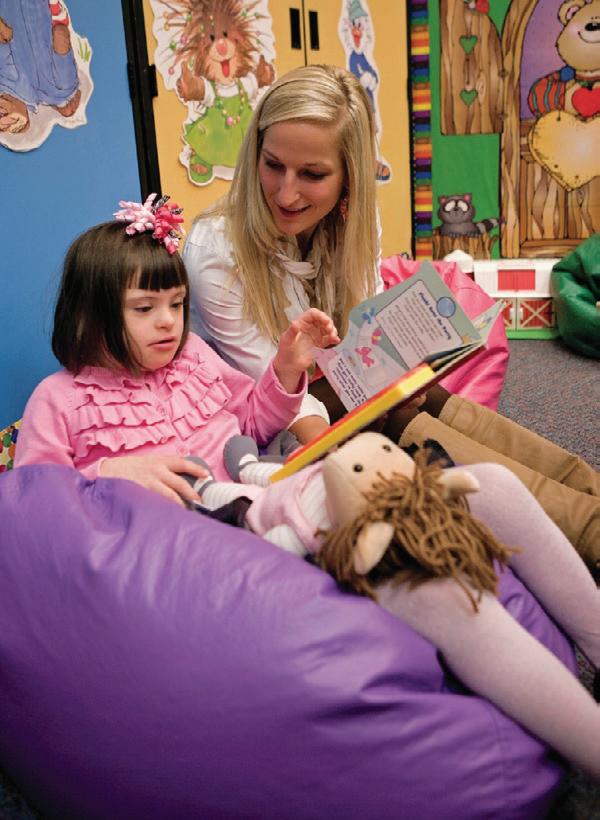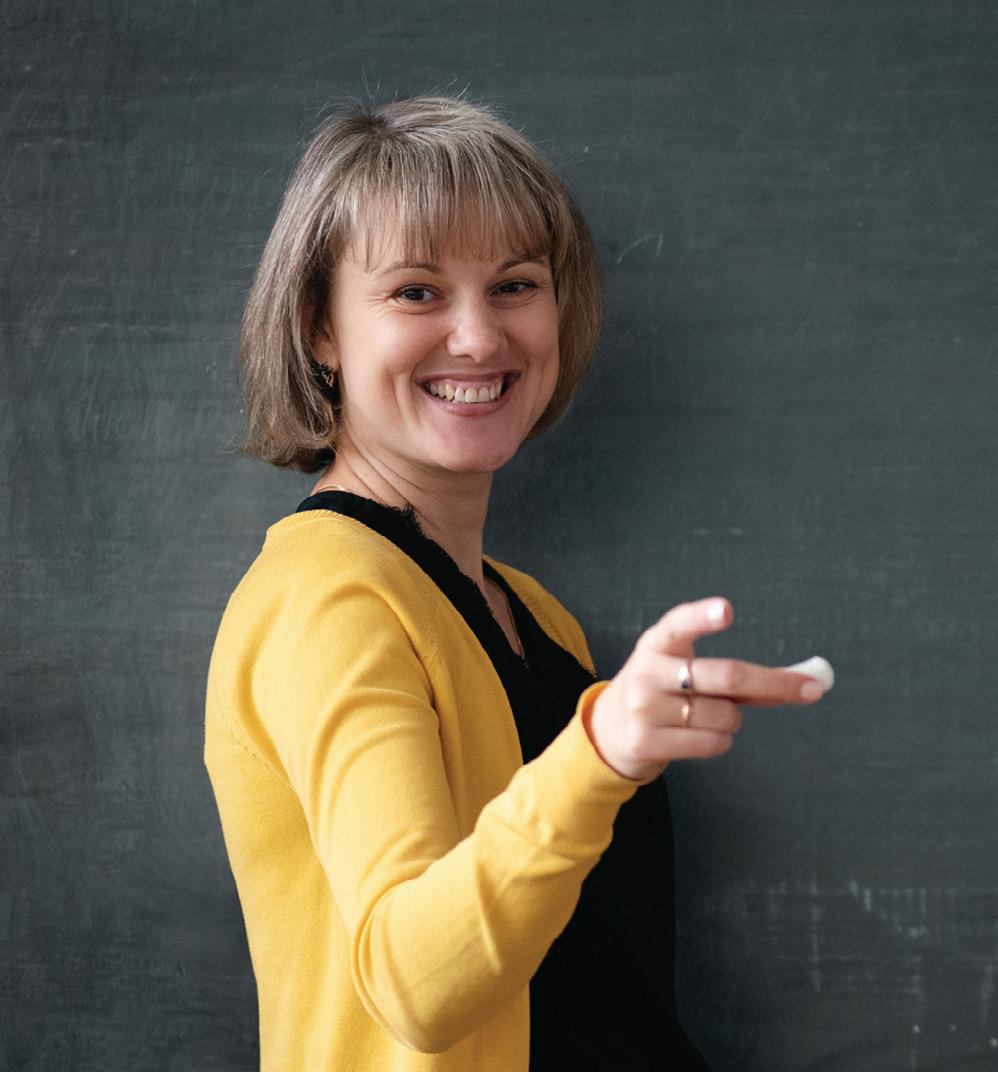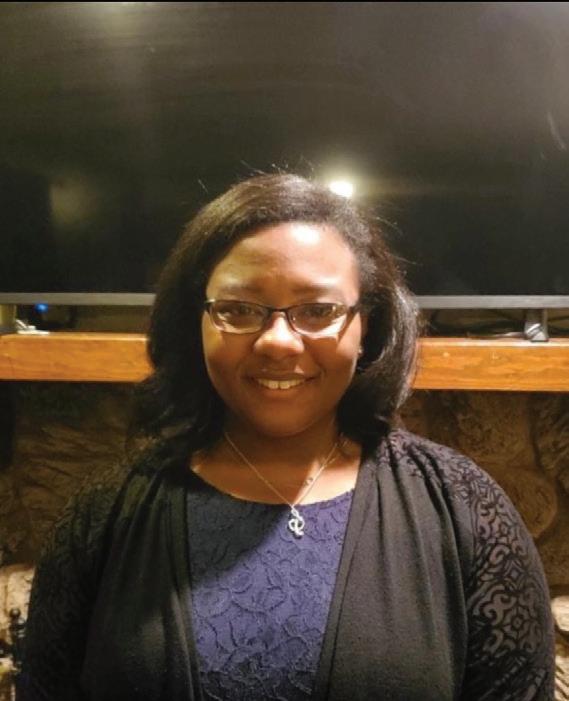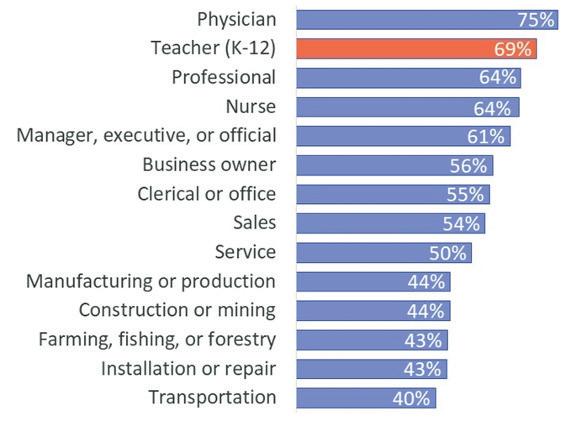Navigating Your First Year of Teaching
You’ve Graduated - But You’re Not Done! Dr. Robert Mitchell Assistant Professor, Leadership, Research, and Foundations, University of Colorado-Colorado Springs
A
s you finish your degree and/or your educator preparation program, you are ready to begin your first year as a “real” teacher. However, you aren’t quite done with college. As you progress through your teaching career, you likely will have to add to your formal education with more college courses to support your growth as a teacher. Sometimes, it might be due to state requirement mandates, or it could lead to increases in your salary, or it may lead to opportunities within your school district. Before you start down the trail of even more school, keep the following points in mind.
Take time and live While it may seem natural to head back to school immediately, give yourself a break. Your first year of teaching will likely be exhausting, and jumping right back into a college classroom might not be the best option. Take the year off from attending classes. Focus on your teaching, your school, and your students—and remember to take care of yourself. You can start school again next year.
Be choosy When you are ready to go back to the university or college setting, take some time to research your options. The school you previously attended might not be the best option for graduate classes or teacher-specific coursework. Check out a few other schools; talk to trusted mentors as well as other teachers about where they enrolled. Learn as much as you can about any program in which you are interested before beginning coursework.
Be clear about what you need Today’s colleges and universities offer hundreds of options regarding courses, programs of study, and advanced degrees. Be clear as to what your district expects and the procedures you need to follow before starting any program. Getting a master’s degree might be a good idea, but make sure it is valued and rewarded by your district. Again, more information is better.
Try to avoid paying sticker price whenever possible We all know that college is expensive, and graduate school is even more costly. Before registering and paying tuition, explore existing programs that may help reduce the cost. Many universities have special agreements with school districts for reduced tuition. Don’t be afraid to ask. It might save you some of your hard-earned money.
90
Congratulations on starting a highly rewarding and meaningful career. Take the time to enjoy being done with school, but it can’t hurt to start thinking about your own development as an educator. Going back to school may very well be in your future, but finding the right programs and the right college takes a bit of research. Ask around. Your teaching colleagues probably have some great insight into the next steps. American Association for Employment in Education
Build a Board of Mentors Dr. William Crawley Dean, College of Education and Professional Studies, University of West Florida, Florida
W
hile the process of becoming a teacher is a life changing and rewarding experience, it also comes with countless challenges. Fortunately, beginning teachers can tap into the expertise of veterans for support. An important strategy a new teacher should consider is building a Board of Mentors (BOM). “Mentoring has often been understood as a relationship between an older, more experienced mentor and a younger, less experienced protégé for the purpose of helping the protégé’s career” (Crawley & Crawley, 2021). However, while a select mentor-teacher may have much to teach a protégé, one mentor may not be able to meet all the needs of a fledgling teacher. To overcome such gaps in experience or information, new teachers should prioritize the development of a BOM, a group of several mentors who can provide a diverse set of experiences and insights. When building a personal BOM, you should consider the following priorities: • Trust – Identify mentors who value a constructive mentormentee relationship built on confidence. They should recognize your need to express worries, angsts, and fears without expressing judgment. • Listening – Seek mentors who are sincerely interested in hearing about your personal journey, including your passions and fears. Their support is essential to your success. • Empathy – Look for individuals who through their own experiences have unique insights into many of the professional and personal issues you will encounter in your first years of teaching. • Challenge – Seek out mentors who push and stretch their mentees to consider new perspectives and strategies. • Respect – Place a priority on a healthy mentor-mentee relationship, especially one grounded in a sense of reciprocal esteem for each other. It takes time to become a good teacher, and while a new teacher will surely feel exhilarated in working with eager learners and supportive colleagues, there is also much to learn – both about the classroom and oneself. A knowledgeable and diverse BOM will provide you with the support you need to enter this noble profession ready to share your love of learning and make a real difference in the lives of children. References: Crawley, W., and Crawley, A. (2021). Intergenerational Reciprocal Mentoring: Dynamics and Impact. The Chronicle of Mentoring and Coaching. 5(14), 340-346. Retrieved from https://www. mentor-cmc.com/cmc/cmc2021/



